
WASHINGTON — Waste shippers have complained to federal regulators regarding deteriorating service on CSX Transportation in the Northeast.
The National Waste & Recycling Association, a trade group representing 70% of the private sector’s waste and recycling market, told the Surface Transportation Board that its members prefer to reach commercial solutions with their rail carriers.
“However, the service issues that our member companies are raising indicate that the problem is a network problem affecting the entire northeast region of the country. For example, in Boston, NWRA members are unable to load rail cars due to ongoing service issues involving the delivery of rail cars. In the meantime, railcars loaded with waste are waiting to be moved out by the railroad. Another example, in Connecticut and New York, rail operations are being negatively impacted due to the excessive backlog of cars waiting to switch at CSX’s Selkirk Yard in Albany, N.Y.,” the group’s CEO, Darrell K. Smith, wrote in a Sept. 1 letter to the STB.
Other waste and recycling shippers are dealing with missed switches, longer transit times, unfilled car orders, and an inability to reach CSX customer service and operations employees, Smith says.
“All of these issues are serious service failures and the situation is growing more tenuous each day,” Smith wrote. He asked the STB to intervene.
CSX has been experiencing train crew shortages in the Northeast and particularly along the former Water Level Route in New York. In a system notice issued Tuesday, Sept. 6, CSX notified engineers and other employees that no personal leave days will be permitted in Selkirk, Syracuse, and Buffalo, N.Y., from Sept. 9 through Sept. 19.
“CSX is engaged with the NWRA regarding the concerns expressed in their letter to the STB and had a productive call with them last week to hear about specific issues and to share what we are doing to address the challenges and provide improved service,” spokeswoman Cindy Schild says.
“Crew shortages have been the root cause of the service issues experienced in certain regions of CSX’s network, including Selkirk where we have seen an unusual surge in vacation entitlements,” she adds. “The staffing shortages in Selkirk should ease now that we are past the Labor Day weekend; however, we took the proactive step of sending a number of temporary relocations to provide additional support which has helped the situation there. CSX has also modified how waste traffic is blocked in order to enhance service for those shippers at Selkirk.”
The railroad expects the changes to improve service through Selkirk as the month progresses.
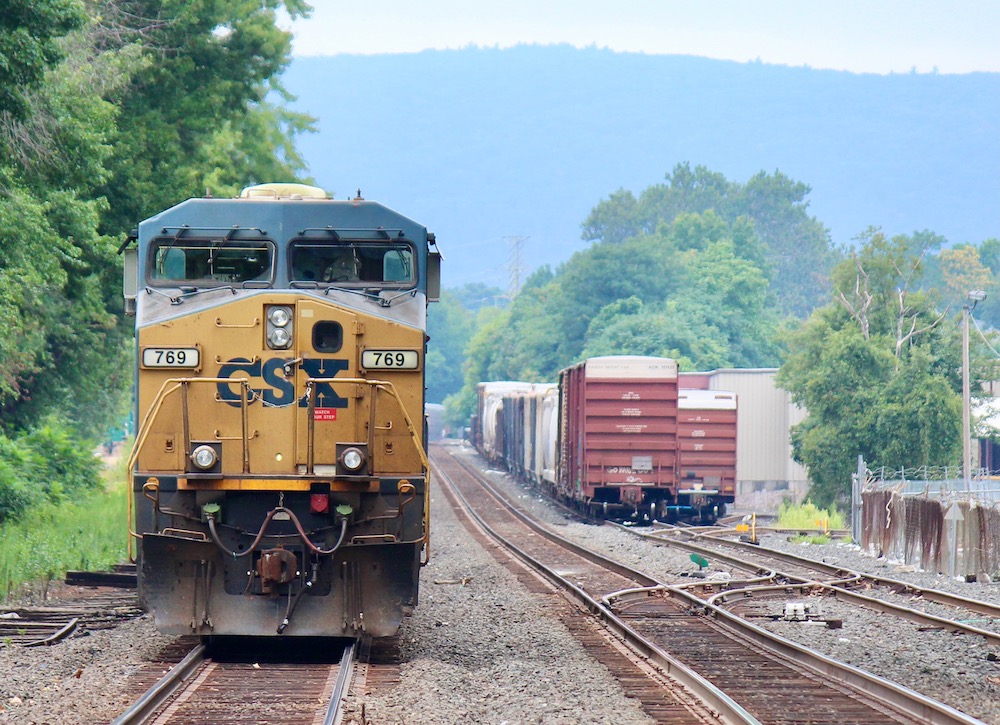
CSX has said it is continuing to hire and is sending temporary transfers to Selkirk to pitch in, including 10 train and engine crews who arrived last week and another 10 scheduled to arrive this week. The railroad says seven newly hired conductors are training in Selkirk, with three more in classroom training, and 17 additional people scheduled to begin conductor classes soon.
Union officials and CSX personnel say train crews continue to quit in Selkirk, however, with several leaving this month.
The average amount of time freight cars spend at Selkirk has risen 58% over the past five weeks. Terminal dwell at Selkirk went from 32.6 hours at the end of July to 51.6 hours in the week ending Aug. 26, the latest data CSX has reported to the STB. The average dwell at the hump yard was 47.65 hours for August, compared to 21.6 hours in August 2021.
A combination of layoffs, crew shortages, changes to remote-control switching jobs, and CSX’s takeover of New England regional Pan Am Railways has created congestion at Selkirk, SMART-TD Local Chairman Joshua Therrien wrote in an Aug. 22 letter to STB Chairman Martin J. Oberman.
CSX reduced remote-control switching jobs from two-person crews to one person on Aug. 9. “Since then, Selkirk employees have been harassed, intimidated, and bullied into accomplishing more work with half of the crew,” he wrote.
But Jamie Boychuk, CSX’s executive vice president of operations, told Oberman in a Sept. 1 letter that the remote control switching operation complies with Federal Railroad Administration regulations and standard industry practices, including at other CSX yards.
“I would like to underscore the importance of employee safety and regulatory compliance. CSX takes allegations of harassment and intimidation with the utmost seriousness, and we do not tolerate retaliatory behavior,” Boychuk wrote. “Employees are encouraged to report any such behavior and have numerous ways to do so, including anonymously. But as it relates to the new RCO switching procedures, CSX has not increased work hours beyond permissible limits.”
“I personally visited Selkirk yard over the course of three days this week,” Boychuk wrote. “I walked the ballast line with employees, reviewed switching processes, and talked through the operations with both union and non-union employees. It was a great interaction with our employees and I am proud of the way they have risen to the occasion. Everyone is working together to expedite the recovery process and I would like to assure the Board that we have the right plan in place to get it done.”
The single-person, remote-control operations should help boost crew availability and improve service, Boychuk wrote.






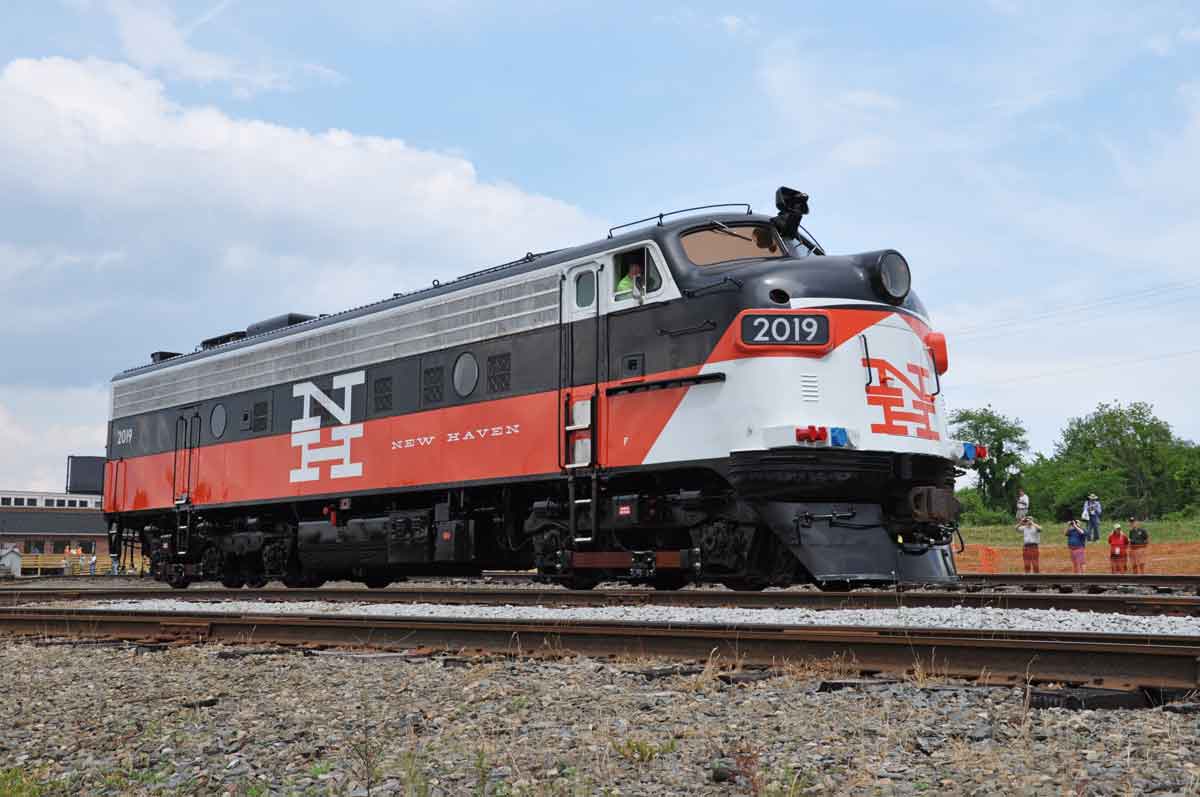
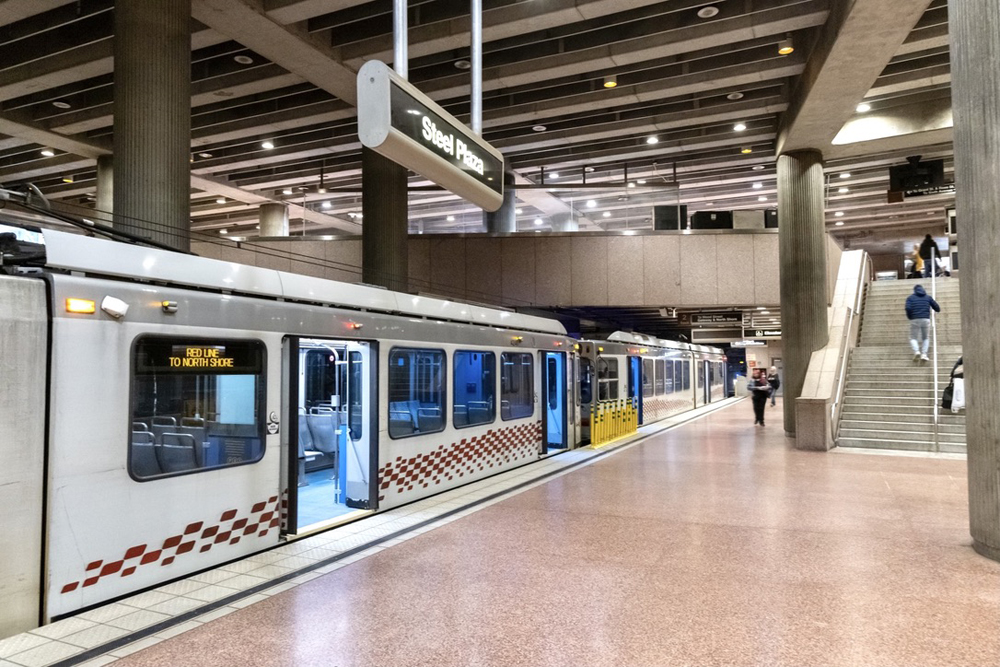
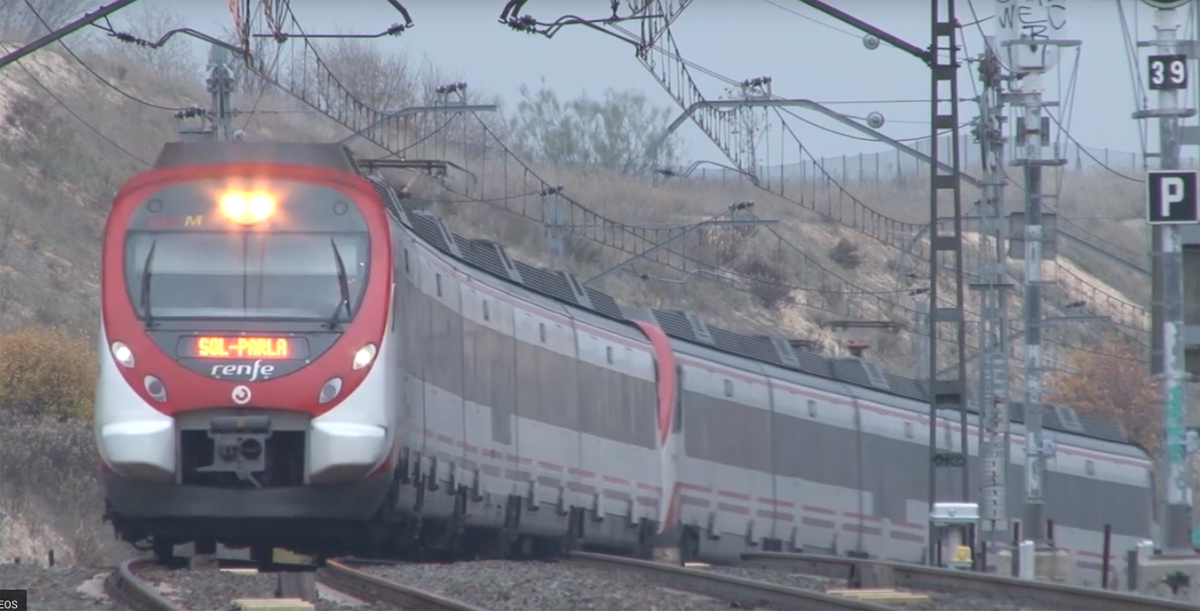
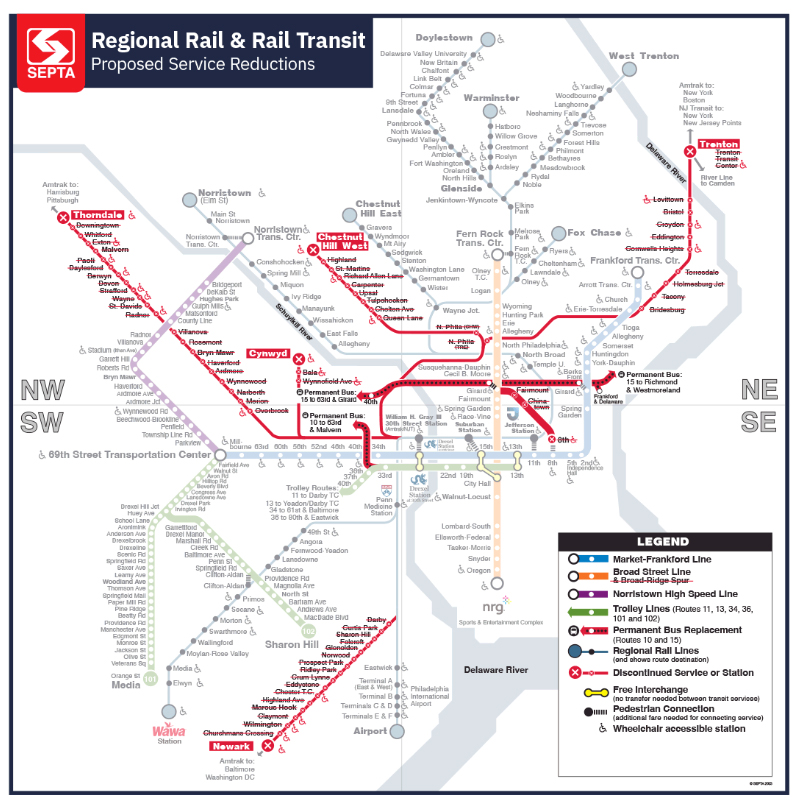




Gosh, finally, someone with an appropriate pun.
They just talkin’ trash…
The CSX spokesman labeled vacation time as an entitlement. B.S. They worked for it and earned it.
I’d like everyone to stop for a moment and try to explain the difference between the 2 Canadian carriers and the 5 U.S. carriers…all of which use EHH’s PSR? Why does it work for them up north and not here in the states? Pretty sure the issue isn’t PSR itself, but a bunch of other underlying factors(including lazy U.S. workers).
I doubt “Lazy U.S workers” is the problem, it could be that the Canadian railroads don’t treat their employees like dirt. All you have to do is look at any survey of the worst companies to work for and railroads seem to be at the top of the list.
The whippings will continue until morale improves.
Probably two of the biggest factors between the two are the time period of construction and the length of run. Most of the system in Canada was constructed in the late 1800s and early 1900s when engineering practices improved significantly. The bulk of the eastern US system was constructed using more basic engineering and construction practices. Unless later improvements were undertaken, much of the rail infrastructure has tight curves and steep grades.
In Canada, most of the runs are fairly lengthy with few interlockings and route changes.
Yup, even the “garbage” cannot get hauled away in a timely & efficient manner. I bet neighbors along the CSX line in Westfield, MASS just love having ‘garbage’ trains parked in their backyards …..
From a Wall Street / ROI perspective, I suppose an analyst could say the PSR “experiment” has been a ‘success’ but clearly it has been a “Failure” from the perspective of serving Class I ‘customers’.
Are we at the point where we can finally label the PSR “experiment” a failure?
“The single-person, remote-control operations should help boost crew availability and improve service, Boychuk wrote.”
Ya. How’s that working out for you CSX?
“In a system notice issued Tuesday, Sept. 6, CSX notified engineers and other employees that no personal leave days will be permitted in Selkirk, Syracuse, and Buffalo, N.Y., from Sept. 9 through Sept. 19.”
Well now I am sure that move will be a real morale booster. I am guessing the Executive Team, in the spirit of teamwork, will also be working 7 days a week as well?
Was it not just a week ago, when the Union was talking about issues at Selkirk, CSX basically said “Nothing to see here….move along.”
Actually boychucks formal response was “there is no problem; and I’ve rectified the problem”
The problem with CSX in the northeast is that their trains are too long, and often do not fit into sidings and block everything when things go wrong ( knuckles, broken air hoses dp engine dies 100 cars back). Many of the control points are less than a mile in distance in North Jersey. If they went back to reasonable sized trains as used before precision railroading these service issues would resolve themselves quickly, crews take vacations every year, to use that as an excuse shows how poor the management at CSX is. CSX needs to focus more on service and less on ESG. Which seemed to be their only concern in the last proxy statement I received from my broker. A I am a Very Disappointed stock holder, CSX needs to ditch the fiasco of precision railroading!
As a native New Englander I have to agree. Theoretically a corporation based in Jacksonville should easily learn how to run a railroad in Massachusetts, particlarly when they’ve had 23 years experience so doing. In real life, not so much.
I am pretty convinced that CSX issues would be there regardless of where the HQ is. Even if it was based in Clinton, MA the issues would remain.
You are fundamentally wrong, csx riverline subdivision has sidings that normally can fit trains of such extensive length, Jersey and shared assets have single track in such a small distance that train length is totally arbitrary, csx in the northeast primal problem is crews, nobody wants to work for the railroad, and especially nobody wants to work for the railroad in the northeast.